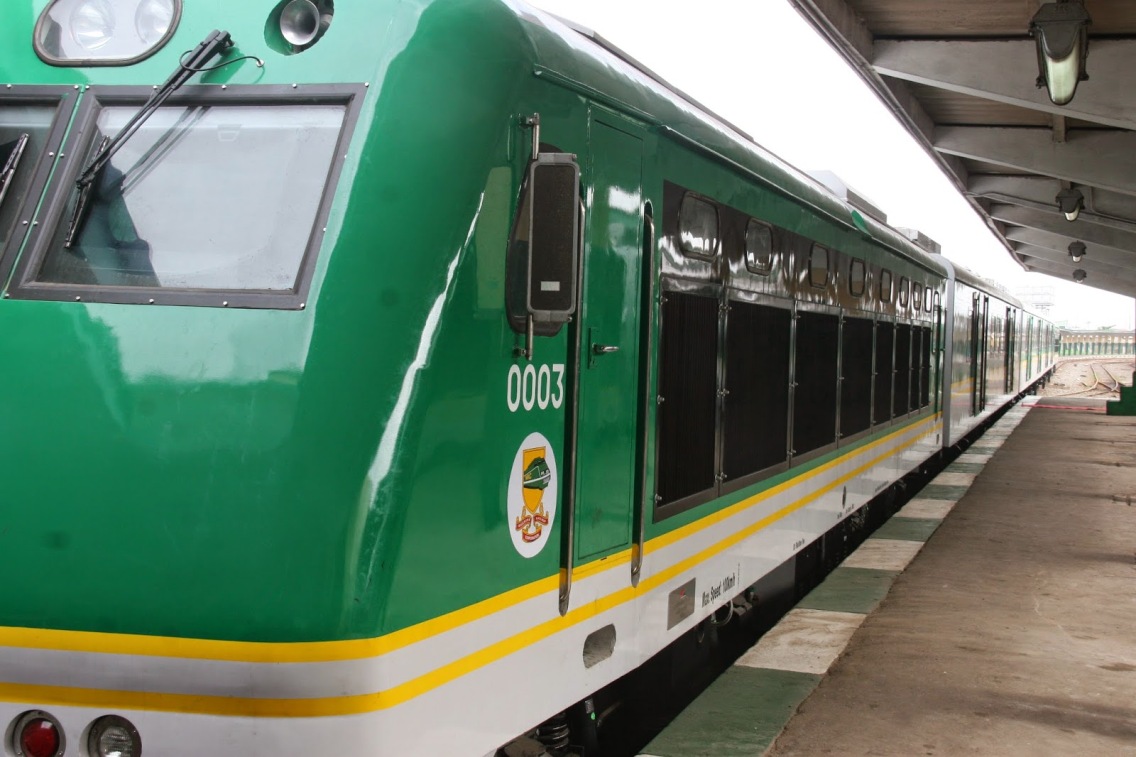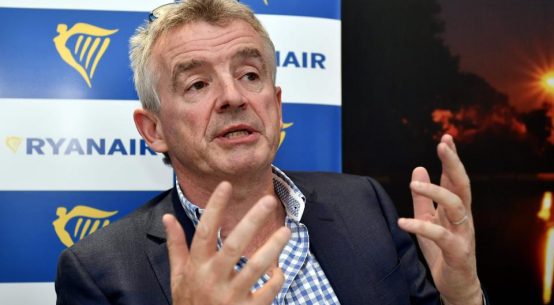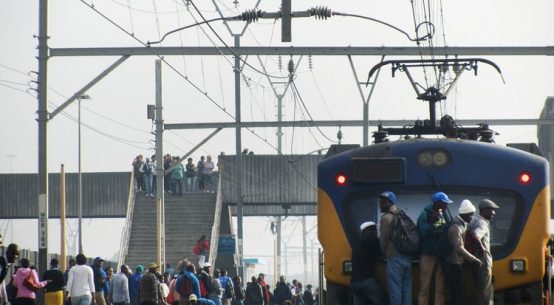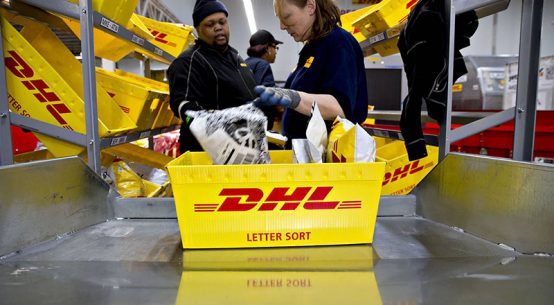
The Federal Government Of Nigerian has started a $41bn railway expansion to reduce dependence on oil and diversify the economy. The contract for the repair of the Itapke-Ajaokuta-Warri rail link was approved By the Federal Executive Council of Nigeria
The plan’s key projects include building a second railway line connecting the nation’s two biggest cities, Lagos and Kano. The 1,100-kilometer (680-mile) line will carry freight and passengers making logistics easy for Nigerians. The government also wants to construct a rail line that will connect Lagos to the eastern city of Calabar.
The two new railways are expected to cost $20bn, with most of the funding coming from the Export-Import Bank of China, which has so far released $5.9bn. The China’s Civil Engineering and Construction Company is handling the projects and both railways should be ready by the end of 2019. While General Electric Company is leading a group to rehabilitate Nigeria’s 3,505 kilometers of century-old, narrow-gauge railway linking the coastal cities of Port Harcourt and Lagos with the North.
The group, including SinoHydro of China, South Africa’s Transnet SOC Limited and the Netherlands’ APM Terminals BV would fund, revamp and operate the railways for a period to be decided by the government.
Nigeria, Minister of Information and Culture, Alhaji Lai Mohammed, who briefed State House correspondents at the end of the FEC meeting presided over by the Acting President, Yemi Osinbajo, put the cost of the Itakpe-Ajaokuta-Warri rail contract at $122,616,582 inclusive of all taxes at the prevailing Central Bank of Nigeria’s exchange rate of $1 to N305.
The contract, spanning 15 months, would include the completion of 12 rail stations. The council also approved a ‘letter of comfort’ to the General Electric for the concession of the narrow gauge railway system with the government targeting the haulage of one million tonnes of goods by rail this year.
Nigeria, Ministers for Transportation had approached the Federal Executive Council on the approval for a letter of comfort so that by October this year, the country would be able to begin the full utilization of the Lagos-Kano narrow gauge, Calabar, Port Harcourt, Maiduguri line.“ This is to necessitate the efforts to rehabilitate the 30,000km narrow gauge lines so that ease the logistics of hauling goods, from one location to another and also remove a million tonnes of goods from our roads.
FEC had also approved a memorandum on the revised estimate cost of construction of one 150MVA and 330 132KVA transformer at Birnin Kebbi, Kebbi State and the reinforcement of 330, 132KVA station in Kumbusto in Kano State for the Transmission Company of Nigeria.








